Quantum key distribution is the only way to ensure an absolutely secured connection protected by the laws of quantum physics.
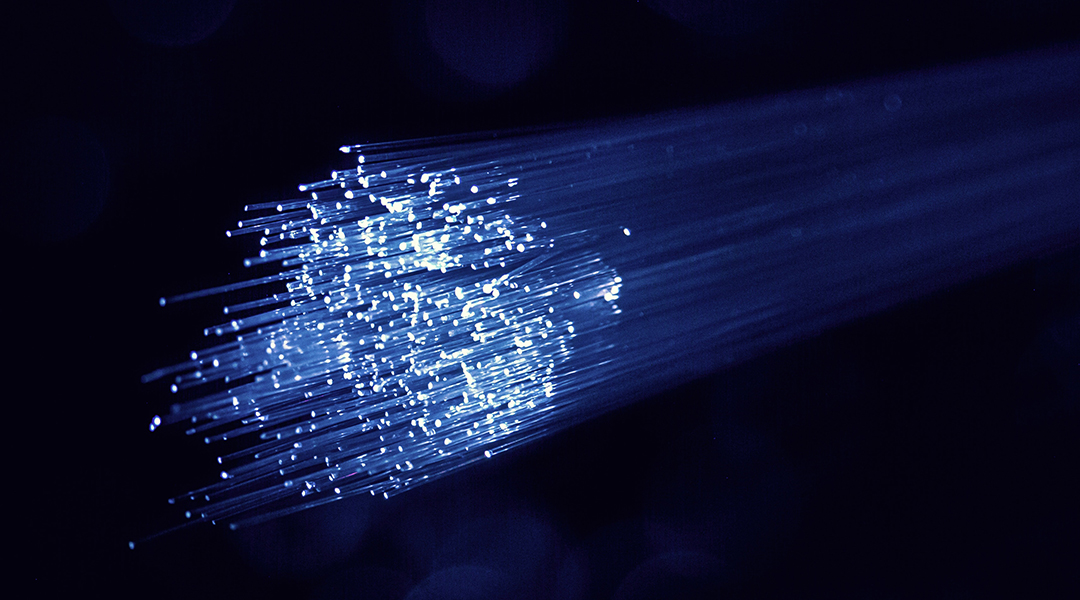

Quantum key distribution is the only way to ensure an absolutely secured connection protected by the laws of quantum physics.
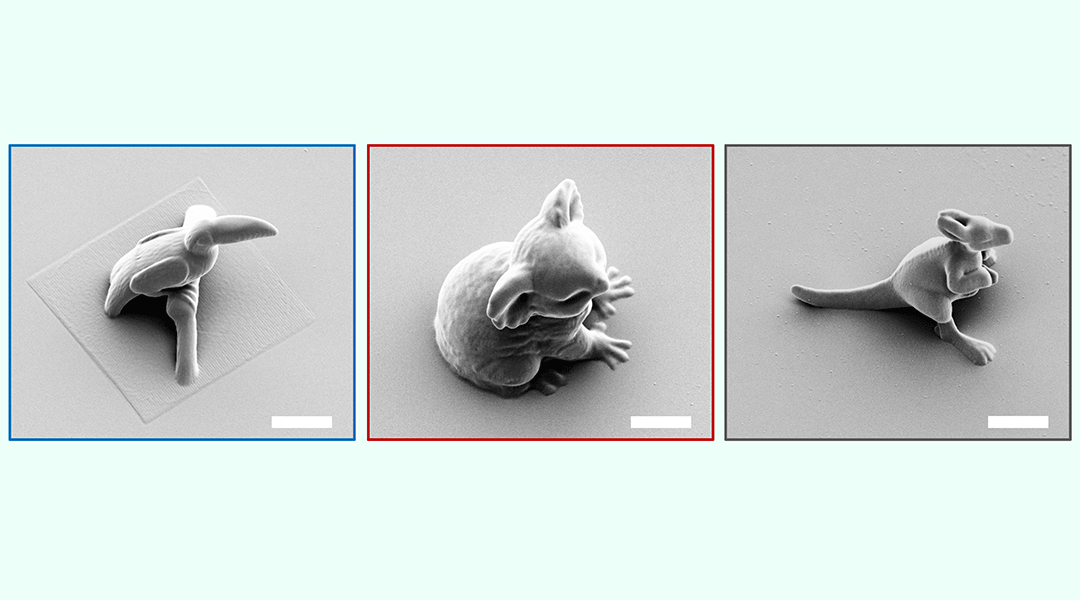
Defining the molecular sequence of ink ingredients gives chemical engineers precise control of microscopic 3D printing.
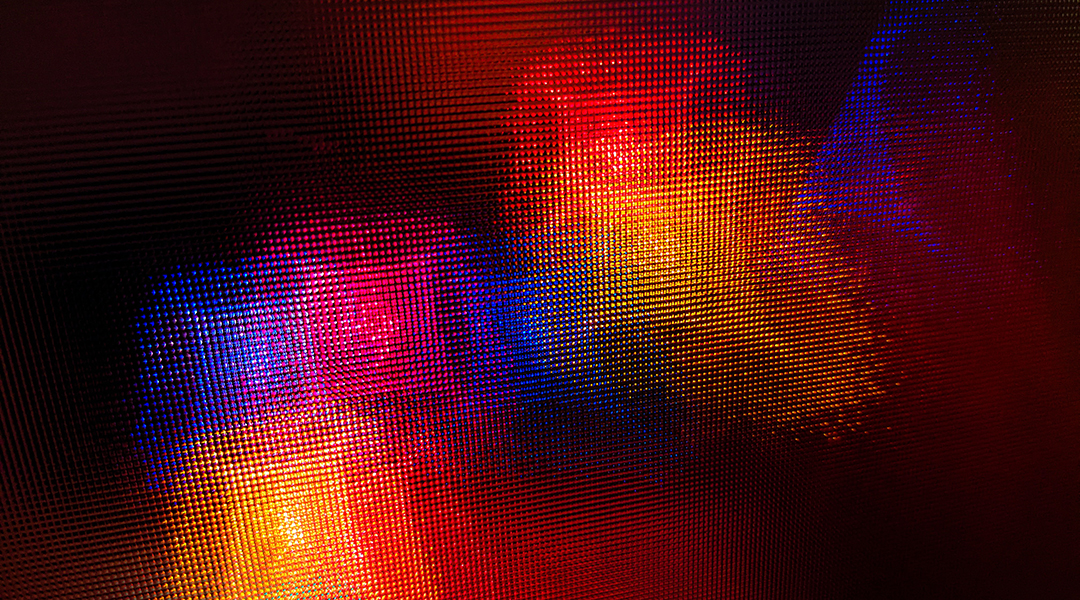
A new study proposes a technique to print images on a special surface such that they can only be seen by authorized recipients.

What would it mean for two particles to become gravitationally entangled?
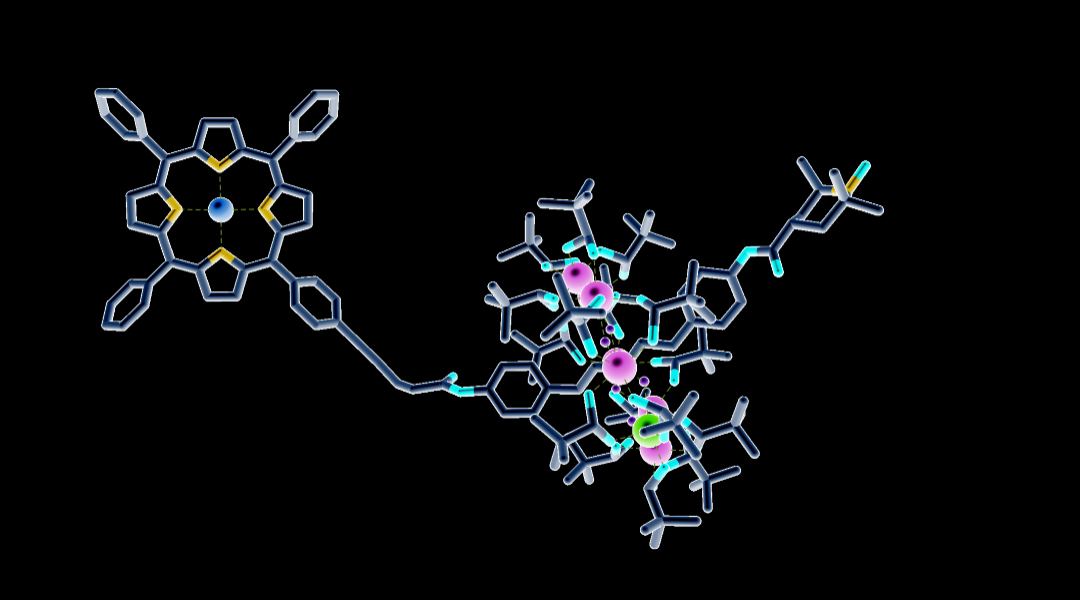
A molecular complex was built to contain three distinct qubits, offering an intriguing architecture for future quantum computers.
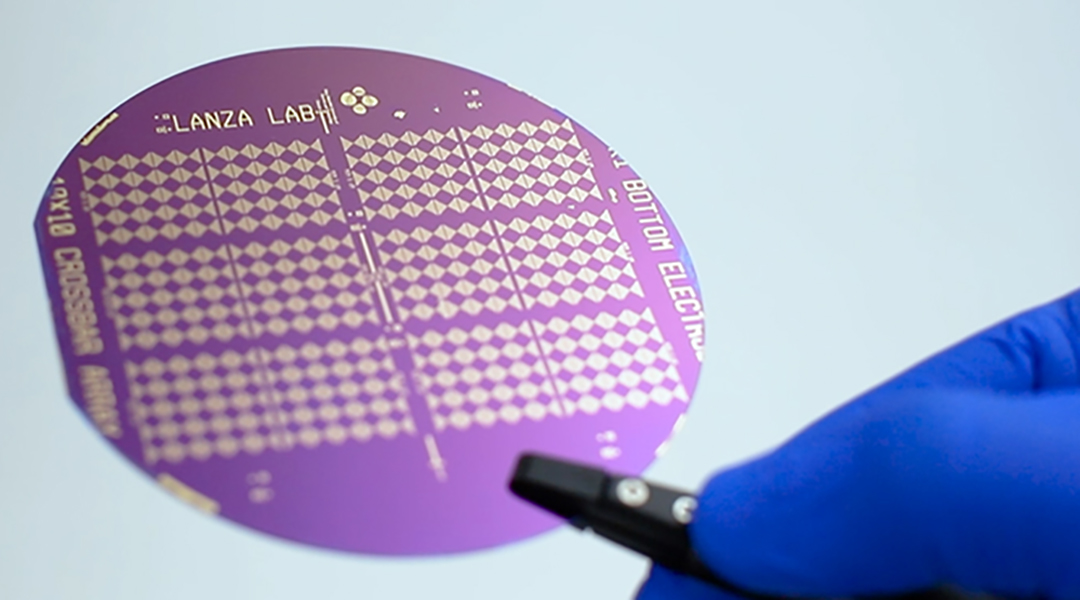
Using atomically-thin 2D films, researchers have developed a nano-scale random number generator with enhanced long-term stability and reduced power consumption.

A new true random number generator offers better encryption by taking advantage of a flaw in memristor memory devices.
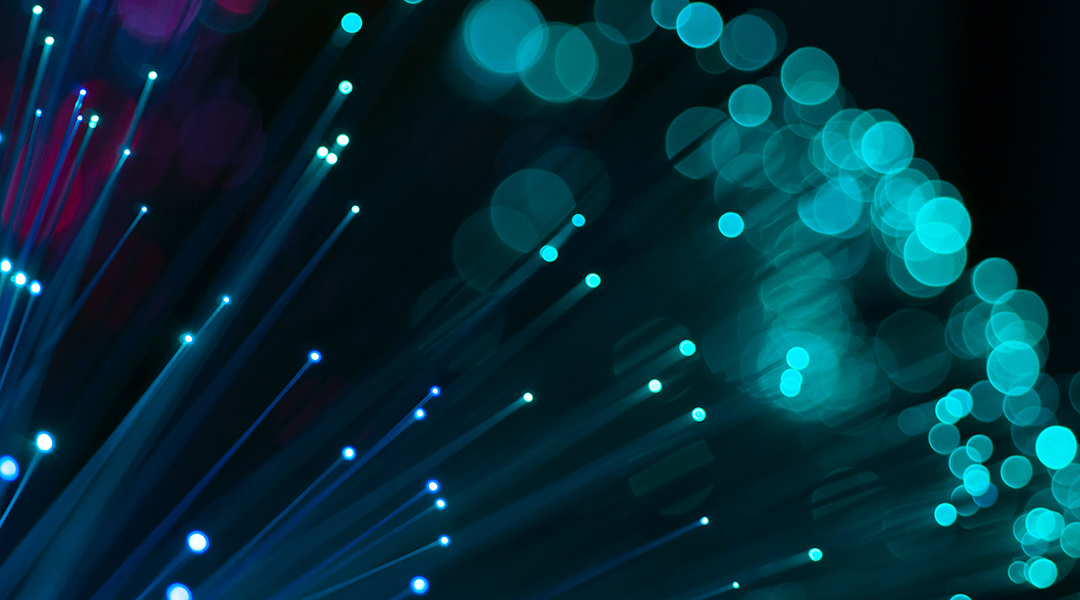
Using the principles of quantum mechanics, scientists are unlocking incredible computing powers one experiment at a time.
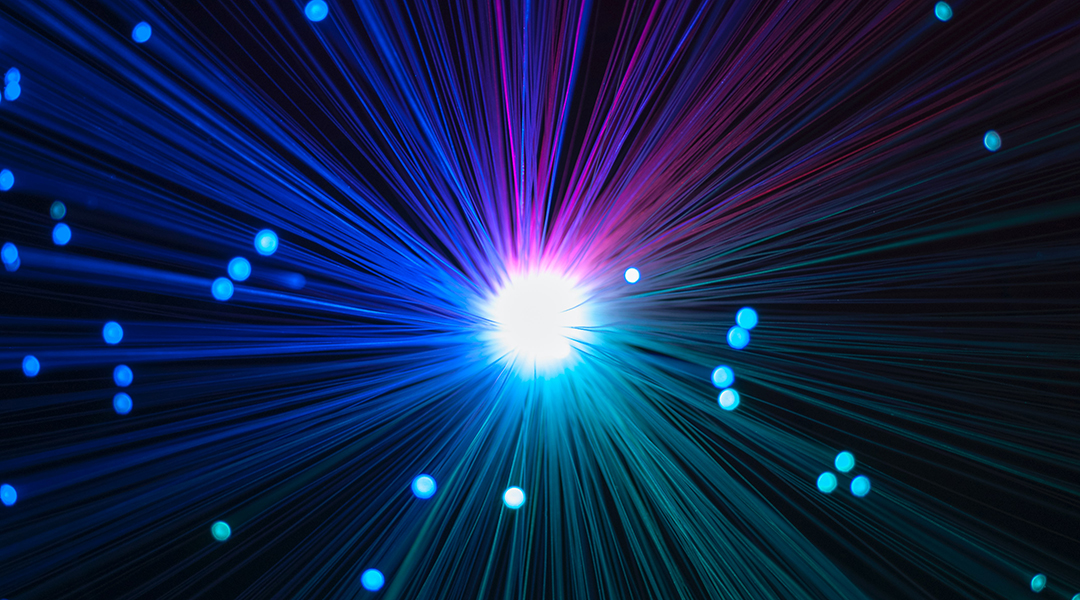
Scientists have developed a method for precise, fast, and high-quality laser processing of halide perovskites, promising light-emitting materials for solar energy, optical electronics, and metamaterials.
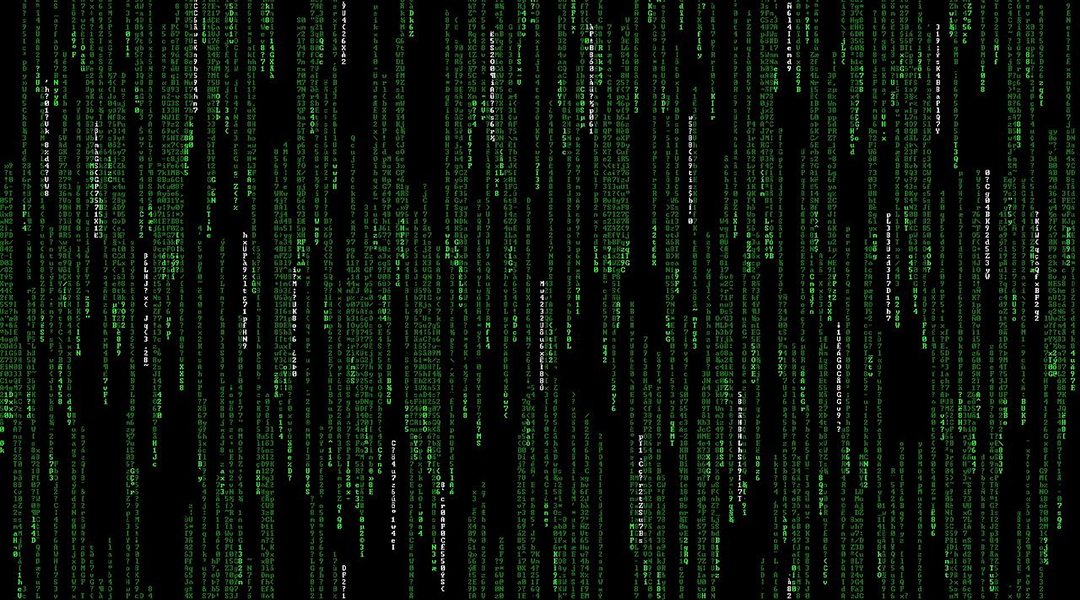
Researchers solve some of the drawbacks related to DNA-based information storage by using synthetic macromolecules as an alternative for data encoding.